Caffeine, found in coffee, energy drinks, colas, chocolate, and tea, can temporarily raise your blood pressure, even if you don’t have pre-existing high blood pressure. The increase is due to caffeine’s effect on the brain, which triggers a chain of events that causes blood vessels to narrow and systolic and diastolic pressure to rise for up to four hours or more.
Jump to Key Takeaways.
How Caffeine Causes Blood Pressure to Rise
Caffeine is a stimulant that acts on the central nervous system. It works by blocking receptors in the brain that stimulate the release of adenosine, a neurotransmitter (chemical messenger) that promotes sleepiness and relaxation.
By blocking adenosine, caffeine can promote wakefulness and enhance physical performance and cognitive function. It can also cause a short-term increase in blood pressure by triggering the following chain of events:
- Increased neuron firing: The inhibition of adenosine increases the excitability of other neurotransmitters, leading to the increased firing of neurons (nerve cells) in the brain.
- Endocrine system activation: The pituitary gland reads the increased firing as a “distress signal” and instructs the adrenal glands to release a hormone called epinephrine (adrenaline).
- Epinephrine effects: Epinephrine, the hormone responsible for the body’s “fight-or-flight” response, causes rapid physiological changes to better deal with the perceived threat, including an increased heart rate and increased blood pressure.
How Long Does the Effect Last?
Caffeine is a short-acting stimulant. The duration of its effects is influenced by its biological half-life (meaning the time it takes for blood concentrations to drop by 50%). In healthy people, the half-life of caffeine is roughly five hours, after which its bioactive effects start to wane.
Studies have shown that upon consuming caffeine:
- Blood pressure will start to rise within 30 minutes.
- Blood pressure increases will peak within one to two hours.
- Increases may persist for more than four hours or more, gradually normalizing as caffeine concentrations fall below bioactive levels.
This is not to suggest that the timeline is the same for everyone. Based on a person’s metabolism, the half-life of caffeine can range from 1.5 and 9.5 hours, meaning that its effect on blood pressure can be longer acting in some people and less so in others.
Some people can also develop a tolerance to caffeine and not experience a significant increase in blood pressure or any other associated effects. This is most commonly observed in individuals who regularly consume large amounts of caffeine.
How High Can It Rise?
The effect of caffeine on blood pressure is largely dose-dependent (meaning the more caffeine you consume, the higher the increase may be).
Among moderate caffeine users—defined as consuming less than 400 milligrams (mg) per day—the increase tends to be relatively small.
Studies published by the Food and Nutrition Board of the Institute of Medicine have shown that consuming 300 mg of caffeine:
A 300-mg dose translates to roughly two double shots of espresso, 3 to 4 cups of brewed coffee, or two cans of some energy drinks.
Can Drinking Caffeine Be Dangerous?
Among healthy adults who consume large amounts of caffeine, the impact on blood pressure isn’t inherently problematic, as the duration of the effect is relatively short and there is a long period of abstinence during sleep.
Even for people with hypertension (high blood pressure)—defined as blood pressure at or above 130/80 mmHg—a daily caffeine intake under 400 mg is generally considered safe.
The same is not true for people with severe hypertension.
According to a 2023 study, people with blood pressure at or above 160/100 mmHg are at double the risk of death from a heart attack or stroke if two or more cups of caffeinated coffee are consumed a day.
By cutting back to just one cup of coffee per day, the increased risk of death is eliminated.
What Drinks or Foods Have the Most Caffeine?
The Food and Drug Administration (FDA) recommends no more than 400 mg of caffeine daily from all sources.
To this end, it’s in your interest to know how much caffeine you consume per day. This includes caffeine in food and beverages, as well as in hidden sources, such as over-the-counter medications that contain caffeine.
| Caffeine | Serving size | |
|---|---|---|
| Dark chocolate-coated coffee beans | 336 mg | 1 ounce (28 pieces) |
| 5-Hour Energy Shot | 200-230 mg | 2-ounce bottle |
| NoDoz Maximum Strength | 200 mg | 1 tablet |
| NOS Energy Drink | 163 mg | 16-ounce can |
| Monster Energy Drink | 160 mg | 16-ounce can |
| Excedrin Extra Strength | 130 mg | 2 tablets |
| Red Bull Energy Drink | 80 mg | 8-ounce can |
| Rock Star Energy Drink | 79 mg | 8-ounce can |
| Brewed coffee | 75-100 mg | 6-ounce cup |
| Espresso | 64 mg | 1-ounce cup |
| Anacin Maximum Strength | 64 mg | 2 tablets |
| Unsweetened baker’s chocolate | 58 mg | 1 ounce (one square) |
| Black or green tea | 45-75 mg | 12-ounce cup |
| Colas | 45 mg | 12-ounce cup |
| Dark chocolate | 24 mg | 1 ounce (one square) |
Who Should Not Drink Caffeine?
Although there are no absolute contraindications to the use of caffeine, a restriction may be necessary for people with severe hypertension, as well as those with:
During pregnancy, experts recommend cutting back intake to 200 mg a day, as there is evidence of an increased risk of pregnancy complications, including miscarriage, at higher doses.
The Dietary Guidelines for Americans further states that caffeinated drinks should be avoided in children under 2 years of age. Because of their smaller size, caffeine places younger children at greater risk of anxiety, sleep problems, digestive issues, and increased heart rate.
Key Takeaways
- Caffeine can cause mild elevations in blood pressure that last for as long as four hours or more.
- For most adults, drinking two to three cups of coffee a day is safe, but for people with severe high blood pressure, drinking this amount can double the risk of a heart attack or stroke.
- Experts recommend consuming no more than 400 mg of caffeine daily, and people with severe hypertension, anxiety, epilepsy, stomach ulcers, or pregnancy may need to cut back further.


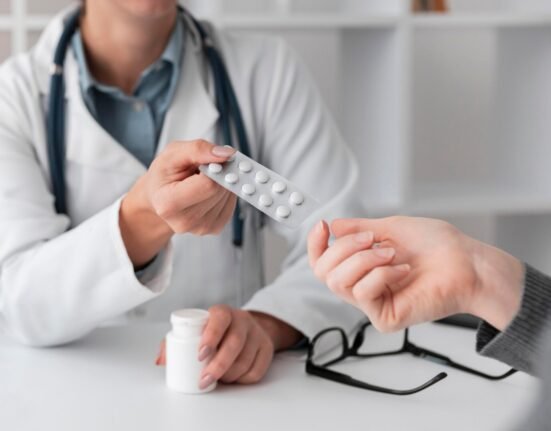
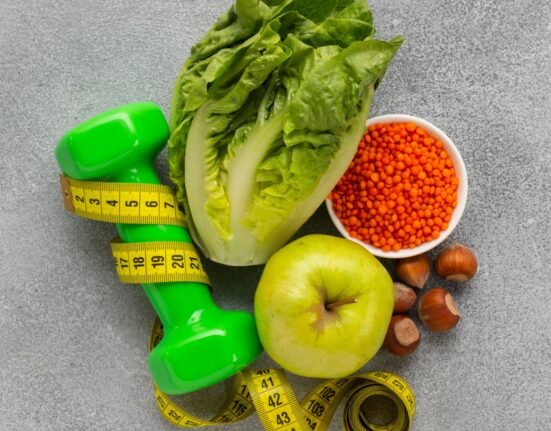
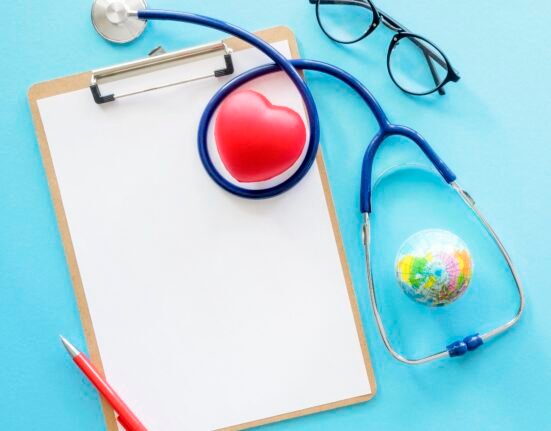
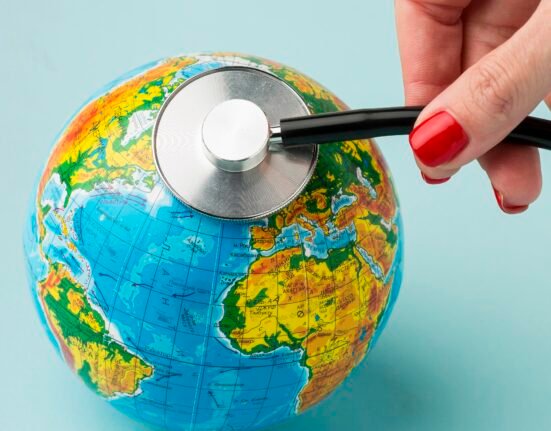


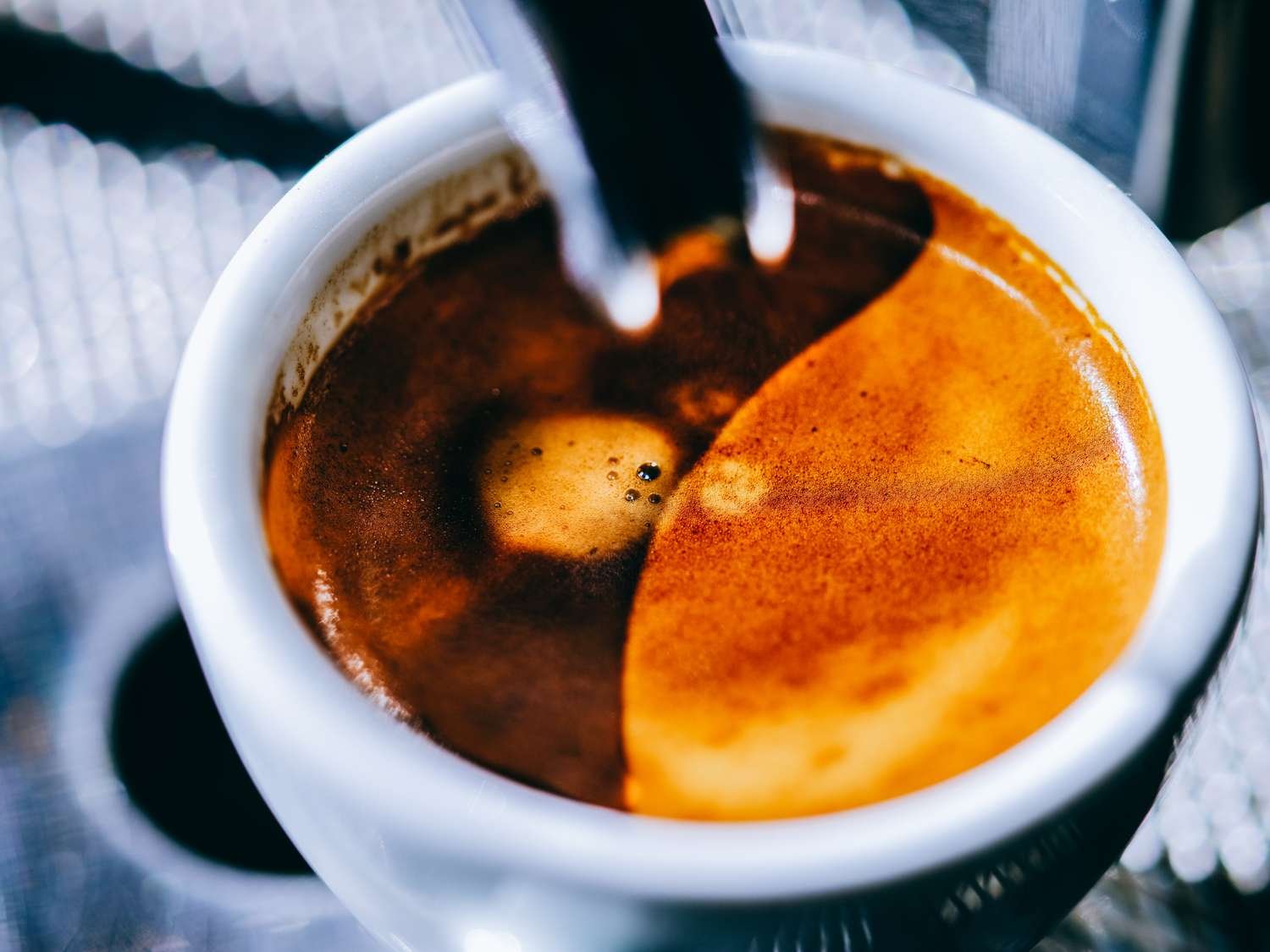
:max_bytes(150000):strip_icc()/Denjay_photo-56f3c0ca5f9b5867a1cc4ccb.jpg)
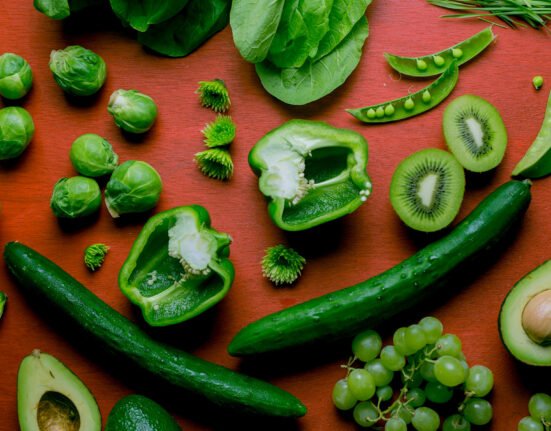
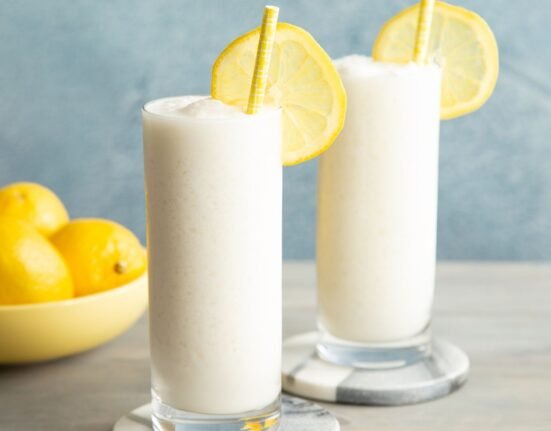




Leave feedback about this